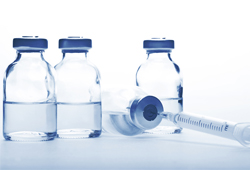Summary: On September 29, 2023, the U.S. District Court for the District of Columbia vacated a Trump-era rule from 2021 that allowed insurers to exclude drug manufacturer co-pay support coupons and assistance from a patient’s annual cost-sharing caps. This practice, commonly referred to as a copay accumulator program, is typically…









